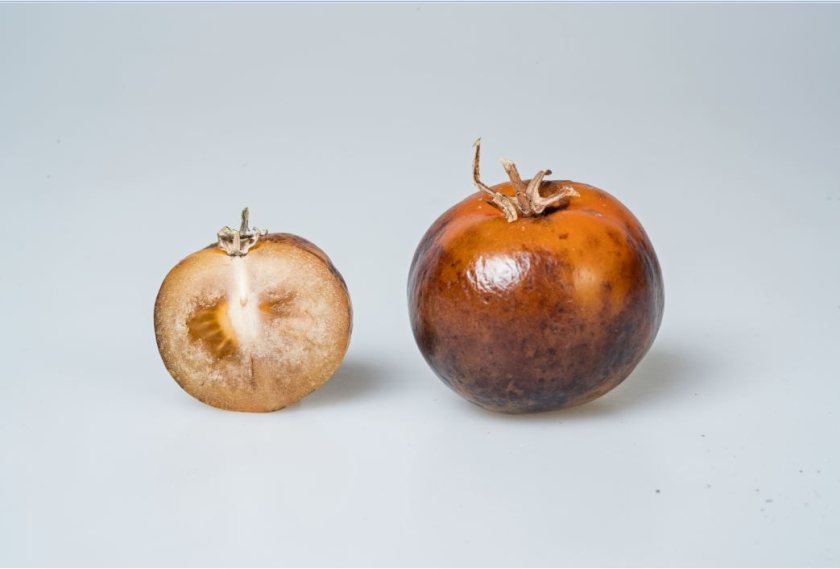Tomato crop enriched with Parkinson's disease drug created

Scientists want to create a production pipeline of a tomato crop enriched with the Parkinson's disease drug L-DOPA, giving patients new access to one of the world's most essential medicines.
The development of the genetically modified (GM) tomato, led by British researchers, has implications for developing nations where access to pharmaceutical drugs is restricted.
This novel use of tomatoes as a natural source of L-DOPA also offers benefits for people who suffer adverse effects, such as nausea, of chemically synthesised L-DOPA.
Tomatoes were chosen as a widely cultivated crop that can be used for scaled up production, potentially offering a standardised and controlled natural source of the medicine.
The John Innes Centre led team modified the tomato by introducing a gene responsible for the synthesis of L-DOPA in beetroot, where it functions in the production of the pigments betalains.
The aim now is to create a production pipeline where L-DOPA is extracted from the tomatoes and purified into the pharmaceutical product.
Professor Cathie Martin, an author of the study said: “The idea is that you can grow tomatoes with relatively little infrastructure.
"As GMOs you could grow them in screen houses, controlled environments with very narrow meshes, so you would not have pollen escape through insects.
“Then you could scale up at relatively low cost, a local industry could prepare L-DOPA from tomatoes because it's soluble and you can do extractions.
"Then you could make a purified product relatively low tech which could be dispensed locally.”
The most common form of the drug is produced by chemical synthesis, but natural sources are also available.
Only a few plants have been reported to contain measurable quantities of the molecule, mainly in seeds.
The most studied is the velvet bean, Mucuna pruriens, which contains up to 10% L-DOPA in its seeds.
But scientists say this is problematic because the plant is covered in hairs that contain mucunian, which can cause allergic reactions in field workers who harvest the crop.
The beans themselves also cause elevated levels of tryptamines, that can cause hallucinations in Parkinson's disease patients.
First author Dr Dario Breitel said: "It’s a further demonstration of tomato as a strong option for synthetic biology.
"Additionally, there were surprising beneficial effects including improvement in shelf-life and raised levels of amino-acids that we can investigate."








